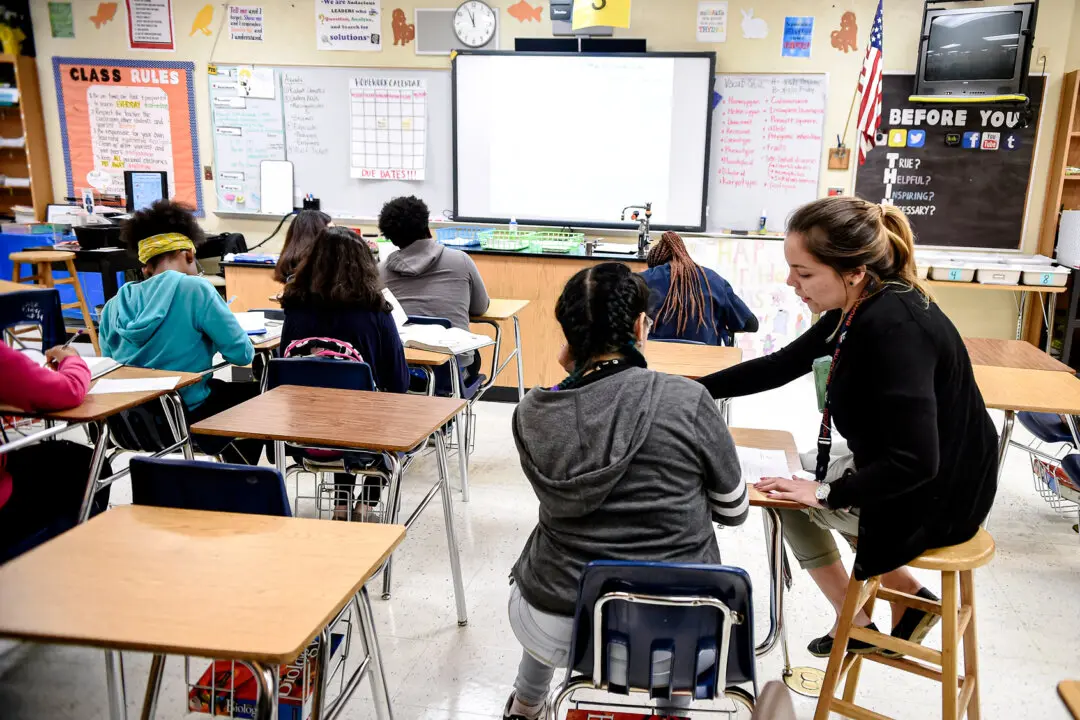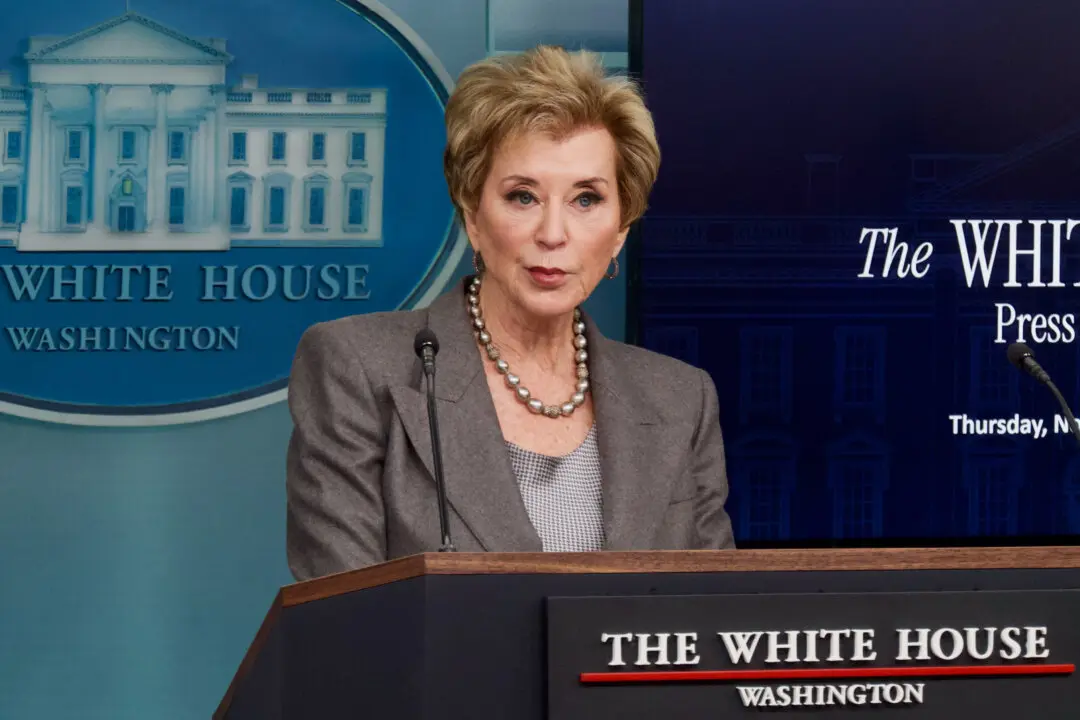Commentary
Controversial topics come up at school all the time. This is to be expected, particularly in high school classrooms. To be truly educated, students need to grapple with difficult issues such as climate change, LGBTQ rights, abortion, international conflicts, and many other topics.





